It is a major milestone in the private Chinese rocket startup's mission to test whether its methane and liquid oxygen-powered vehicle is ready for commercial launches.
The success could boost investor confidence in methane as a potential rocket fuel, which is seen as potentially cutting costs and enabling rockets to be reused in a cleaner and more efficient way.
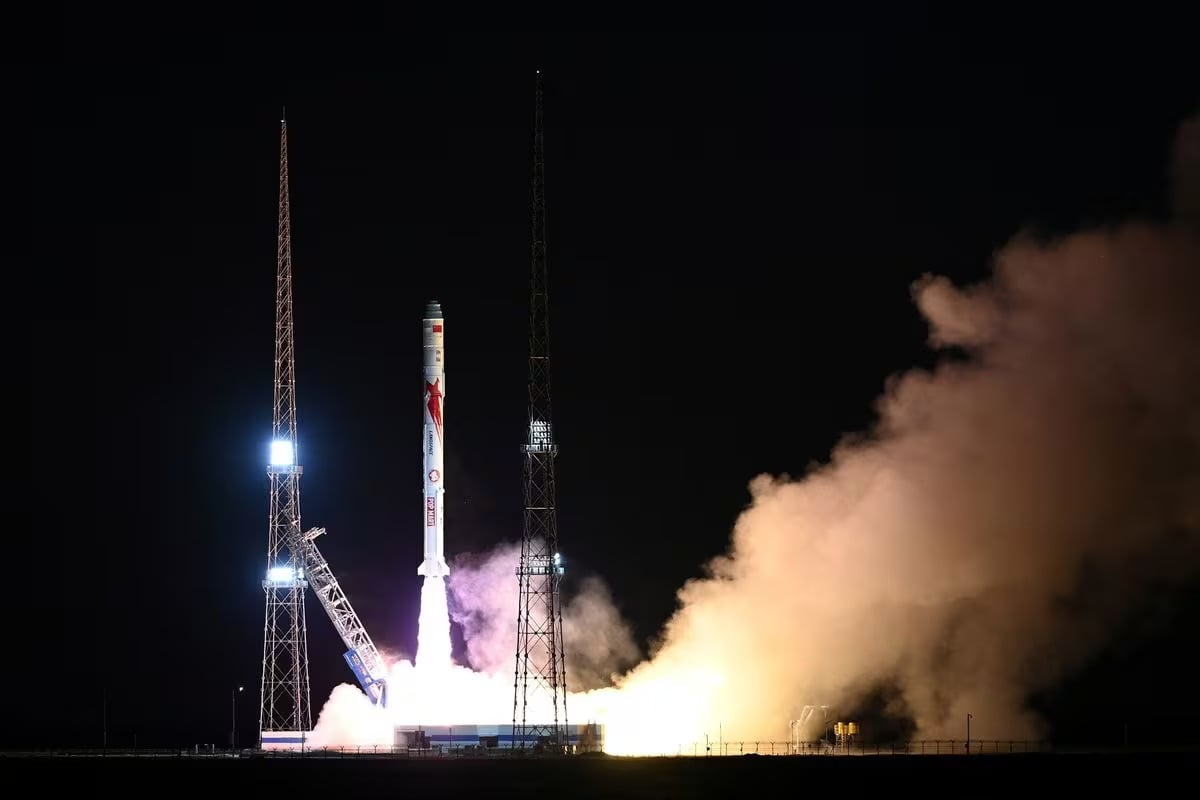
LandSpace's Zhuque-2 Y-3 rocket launches satellites from the Jiuquan Satellite Launch Center in Gansu Province, China on December 9, 2023. Photo: Reuters
Several other private Chinese rocket startups have been waiting to test or launch commercially, to meet growing demand in China's commercial space industry, as well as to compete with billionaire Elon Musk's Starlink satellite system.
The Zhuque-2 Y-3, launched on Friday from the Jiuquan Satellite Launch Center in China's Inner Mongolia region, is LandSpace's third Zhuque-2 rocket to be tested and the first to successfully carry a satellite.
An earlier launch attempt in July that did not carry a satellite made LandSpace the first company in the world to launch an oxygen rocket loaded with liquid methane, beating US rivals including Musk's SpaceX and Jeff Bezos' Blue Origin.
LandSpace said in a statement that the two launches showed that Zhuque-2 is reliable enough for commercial launches. The Beijing-based company said Zhuque-2 is capable of delivering a total payload of 1.5 tons to an orbit of 500 kilometers, and it plans to increase that to 4 tons in upgraded versions.
Chinese startup OrienSpace said it plans to launch its solid-fuel Gravity-1 rocket for the first time in December. Deep Blue Aerospace, which is developing a reusable kerosene-fueled rocket, aims to test launch and recover its Nebula-1 rocket into orbit.
Meanwhile, Galactic Energy on Tuesday launched its Ceres-1 solid-fuel rocket with two satellites into orbit, following a failure in September and a series of successful launches before that.
Mai Anh (according to Reuters)
Source








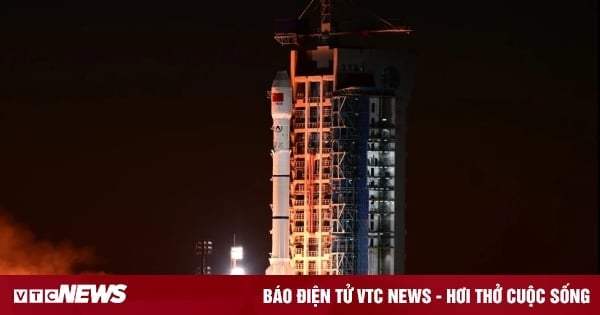



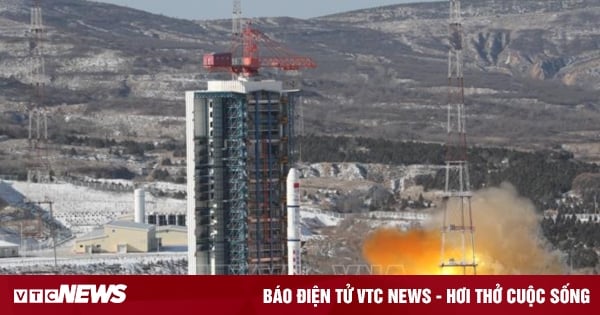
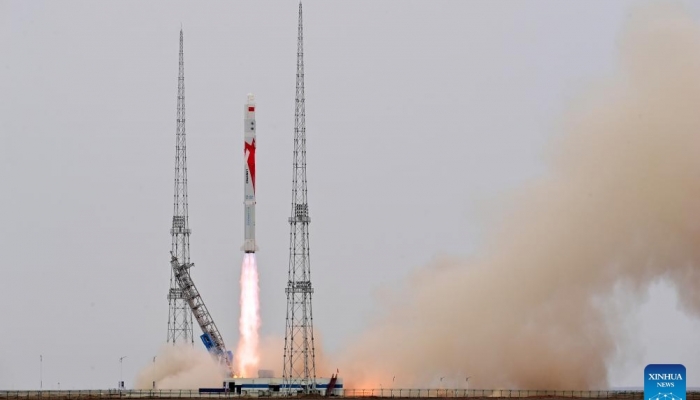
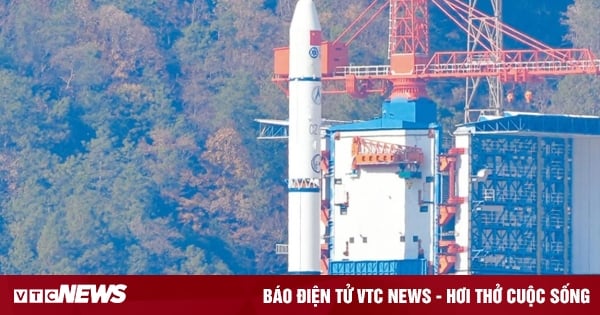
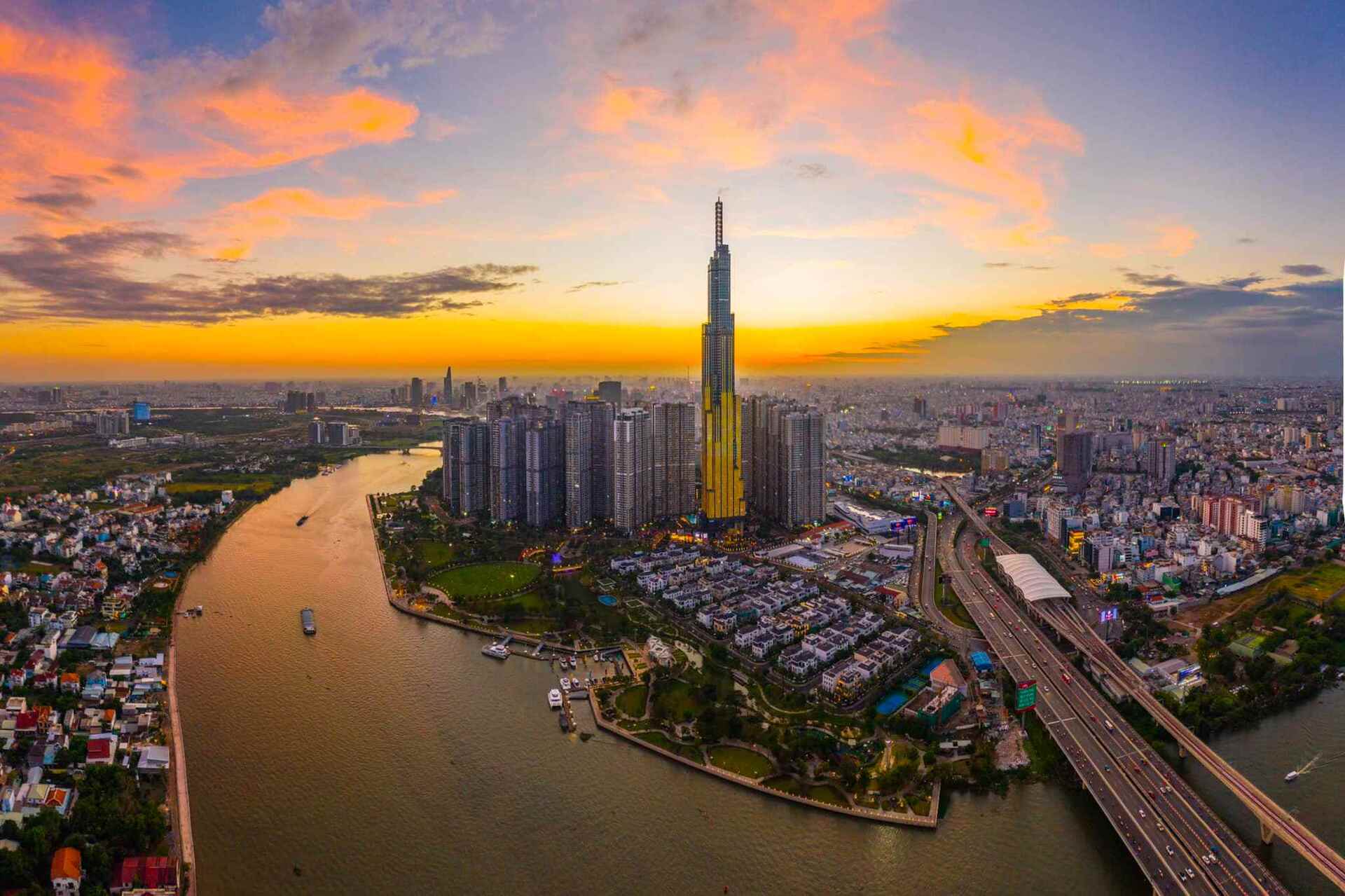

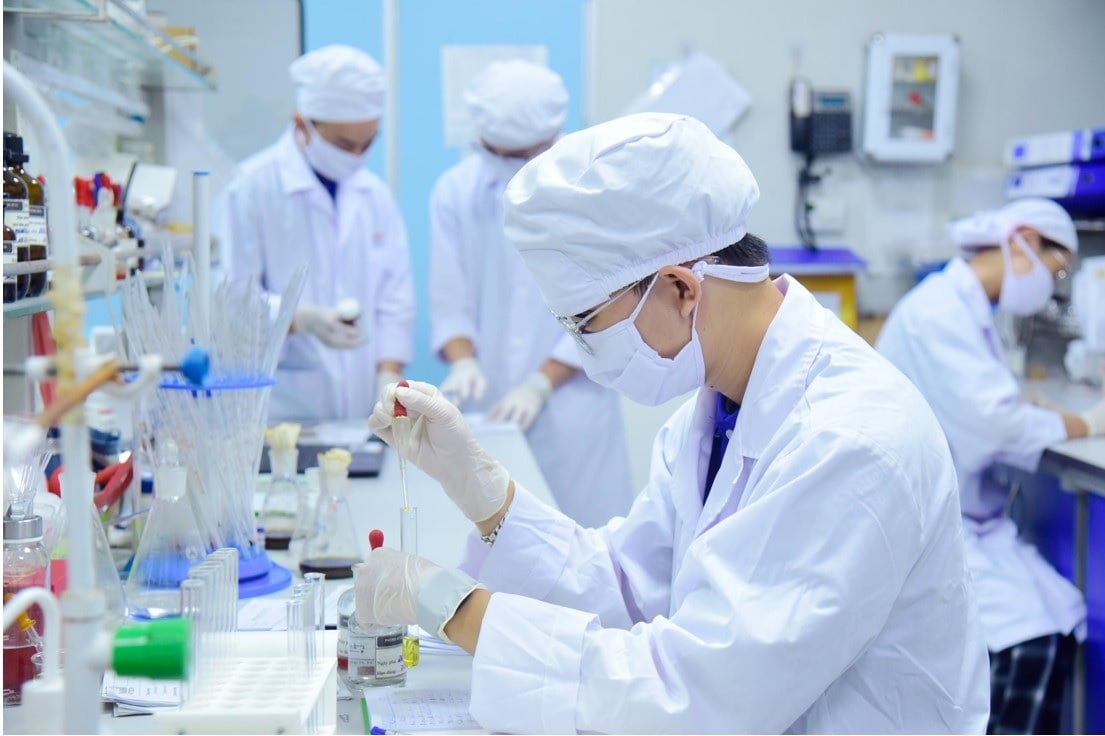

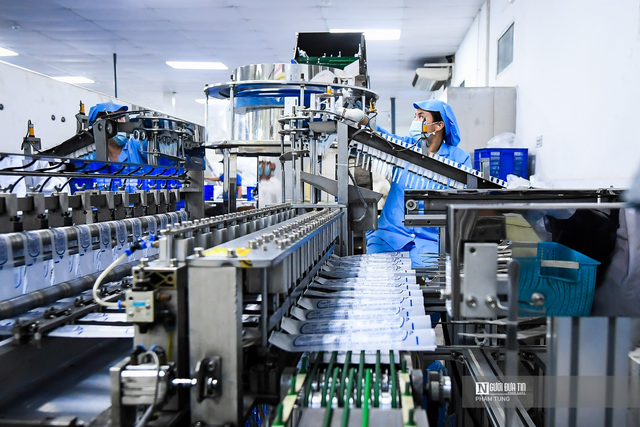


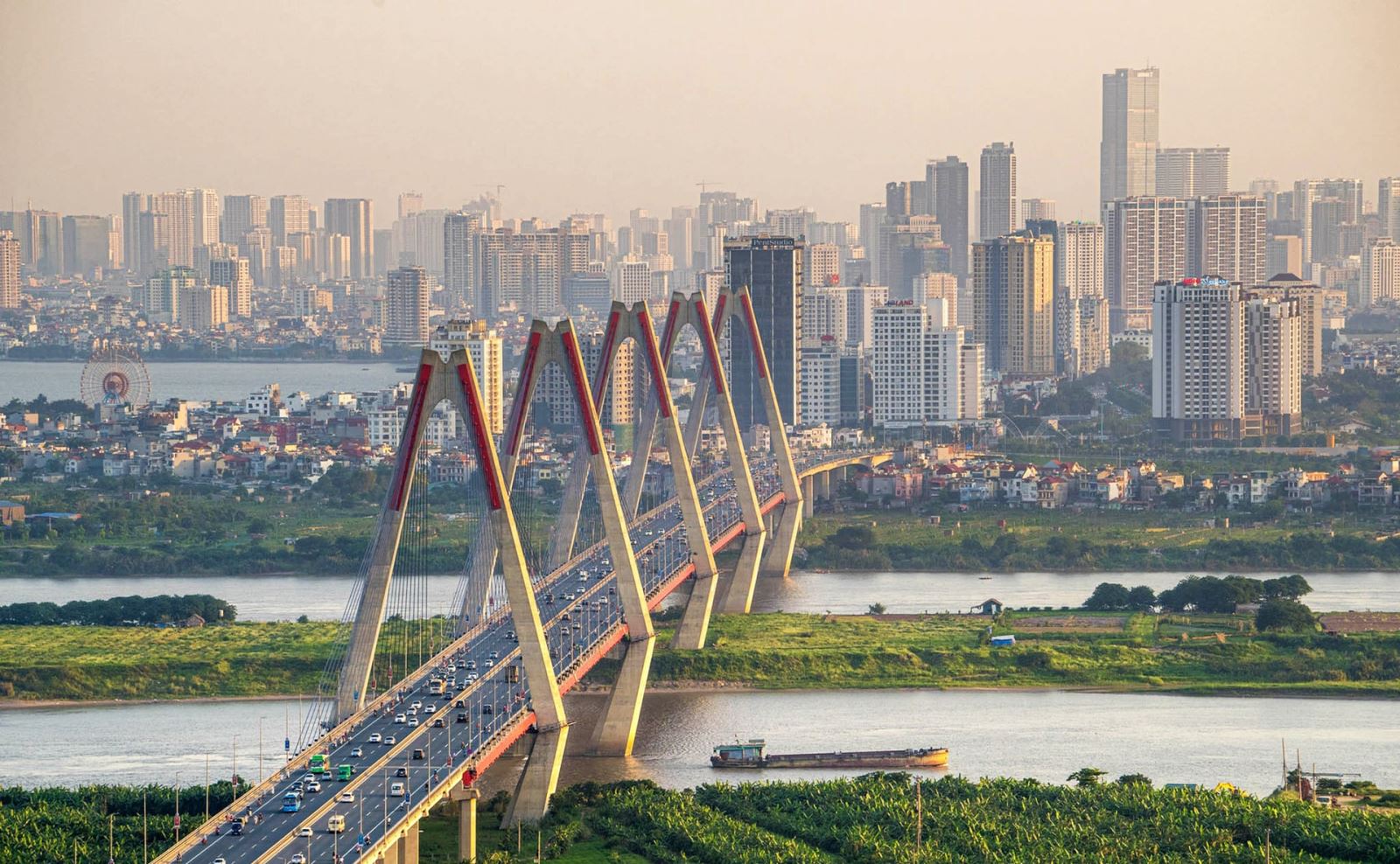















![[Photo] Prime Minister Pham Minh Chinh chairs Government Conference with localities on economic growth](https://vstatic.vietnam.vn/vietnam/resource/IMAGE/2025/2/21/f34583484f2643a2a2b72168a0d64baa)






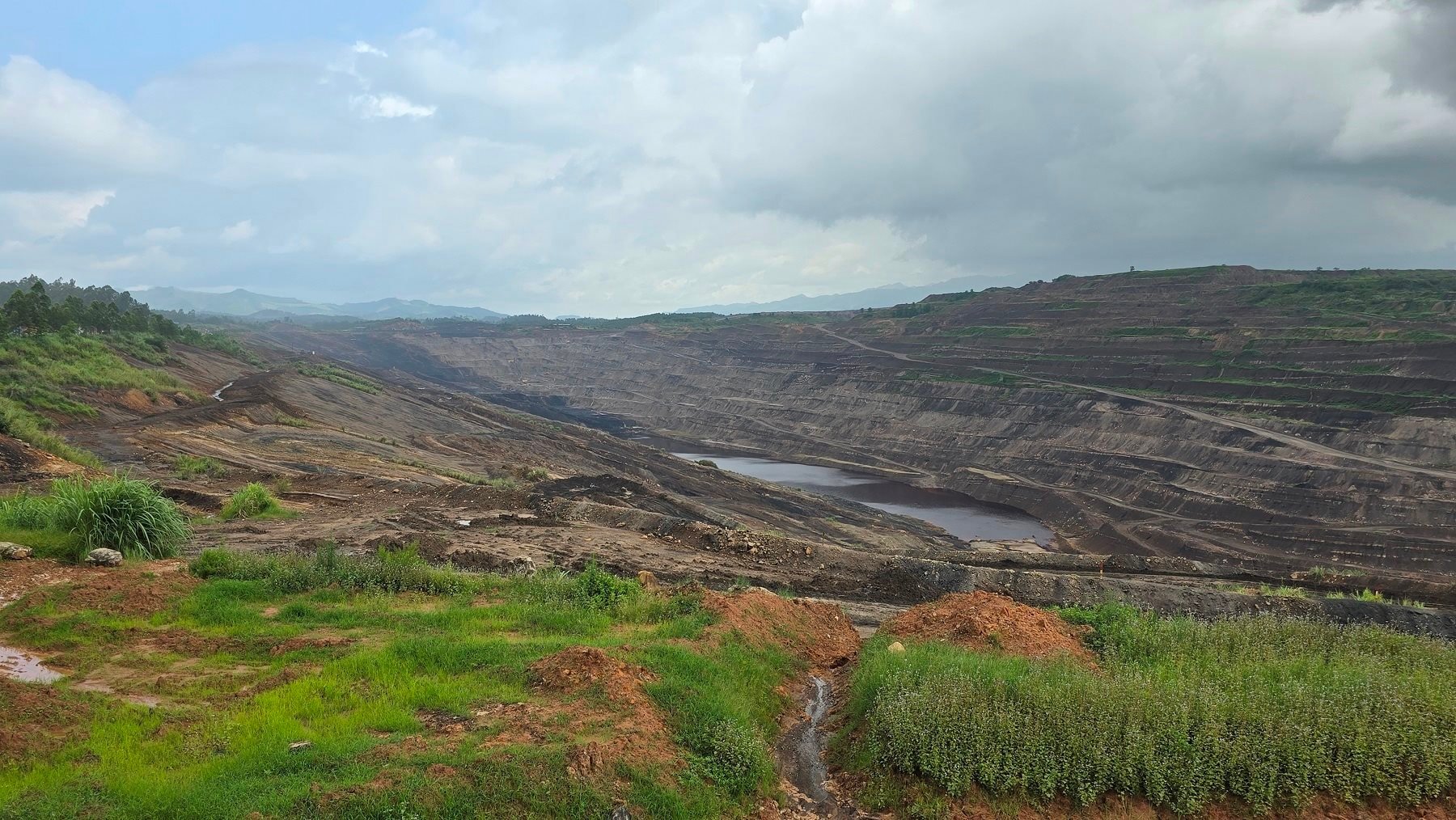


















































Comment (0)